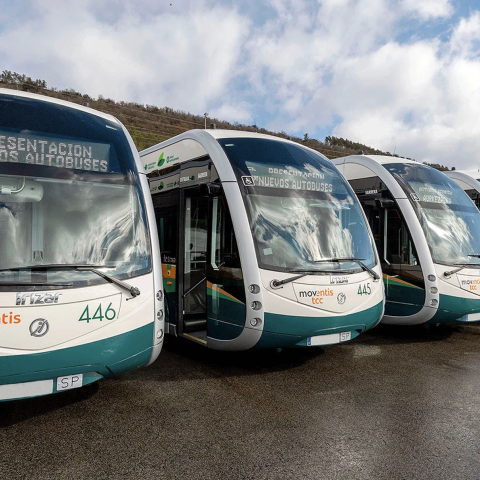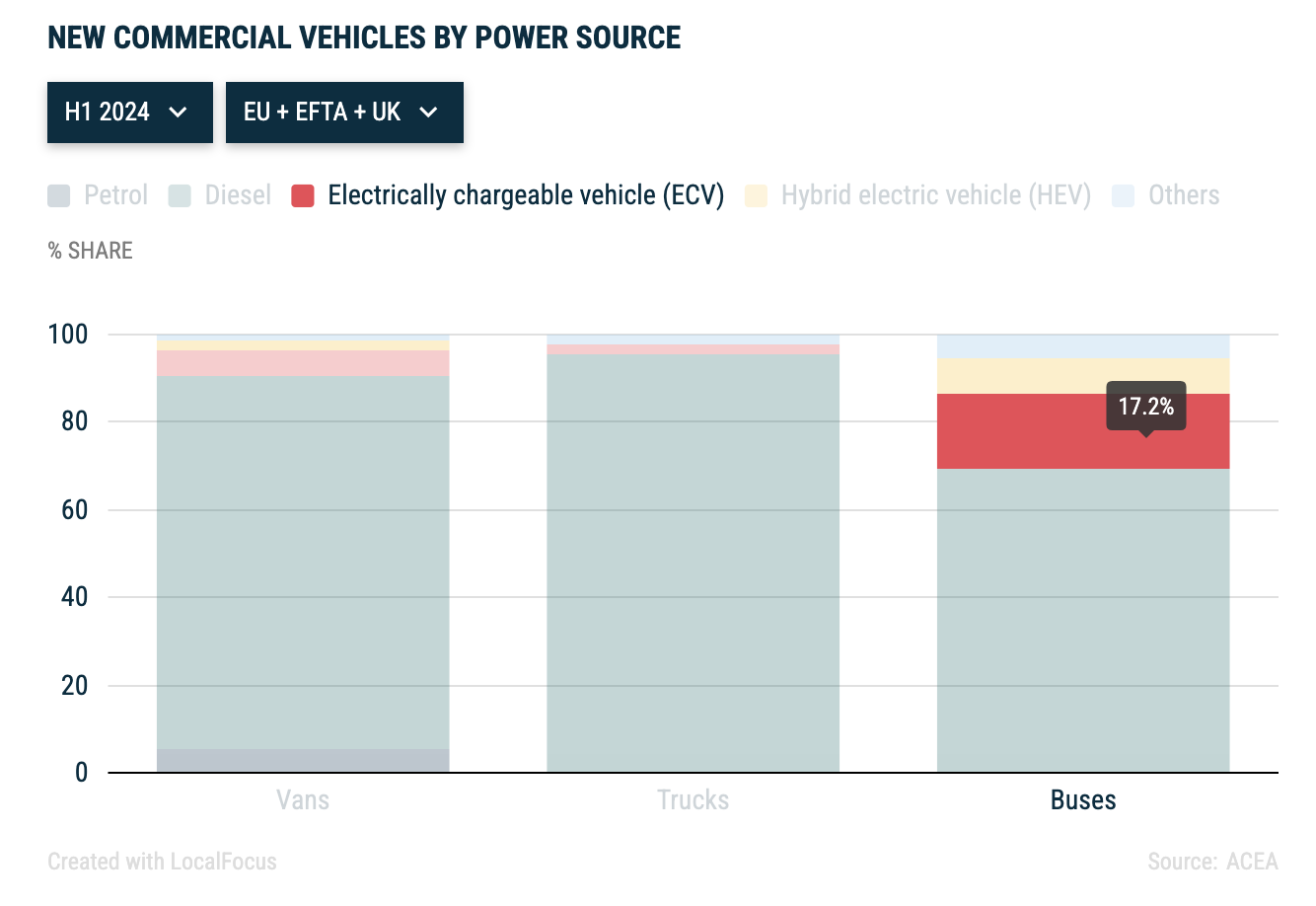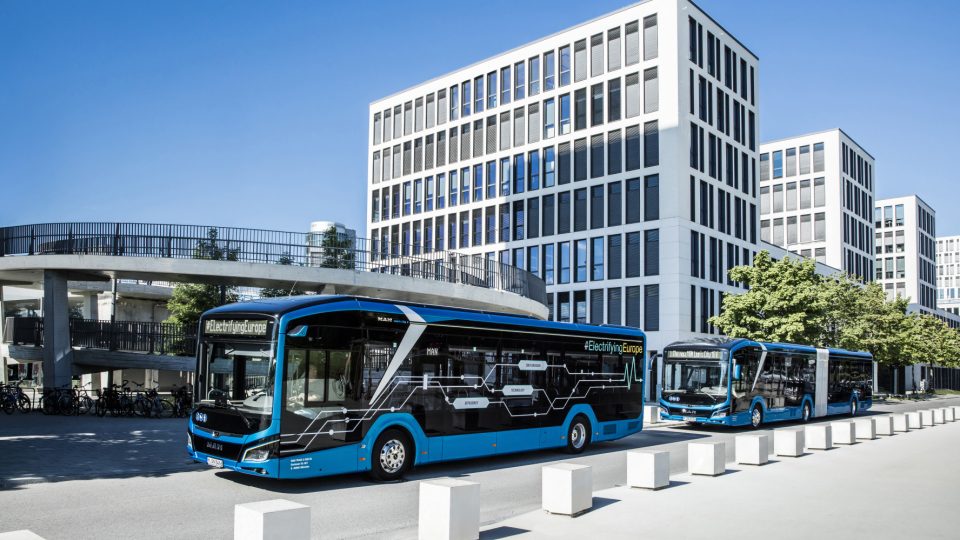Zero emission bus registrations +45% in Europe in H1 2024, says ACEA: Germany and Spain grew, France decreased
Zero emission bus registrations grew 45% in the first half of 2024, according to data from ACEA. Their market share increased from 13.7% to 15.5% (17% considering also EFTA countries and UK). Looking at 2023, still according to ACEA, electric bus registrations in the European Union “increased by 39.1% to 5,166 units, claiming a 15.9% market share”. Diesel […]

Zero emission bus registrations grew 45% in the first half of 2024, according to data from ACEA. Their market share increased from 13.7% to 15.5% (17% considering also EFTA countries and UK).
Looking at 2023, still according to ACEA, electric bus registrations in the European Union “increased by 39.1% to 5,166 units, claiming a 15.9% market share”. Diesel bus share decreased from 67% in 2022 to 62% last year. In 2022 e-bus registrations accounted for 12.7% of the total EU bus market.

German electric bus market market grew 25%
Germany, the second-largest market by volume, grew by 25.2%, while Spain increased by 21.6%, making it the third-largest market for electrically chargeable buses.
However, France, the largest bus market, declined by 16.4%. First e-bus market? UK, where e-buses (ACEA calls them electrically-chargeable buses) achieved 22% share in the total market (39% in Norway, 46% in the Netherlands, 66% in Denmark, a mere 7.8% in Italy).
Hybrid-electric bus sales dipped by 7.5%, now making up 9.3% of the market. What is quite interesting, diesel bus registrations grew by 35.3%, increasing their market share from 65.1% to 68.5%. The growth of both zero emission and diesel buses is explained with the decrease in hybrid and ‘others’ (meaning CNG, for instance) registrations.
Taking into consideration all kind of tractions, “bus sales had a strong start to the year, with new EU registrations surging by 28.6% compared to the first half of 2023, totalling 20,370 units. All major markets recorded growth, particularly Italy (+44.6%), Spain (+24.2%), and Germany (+17.8%)”.








